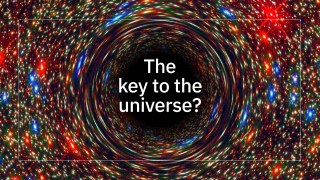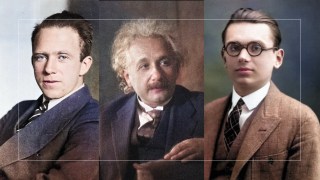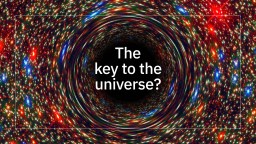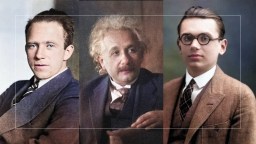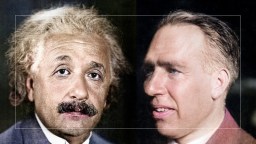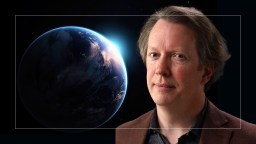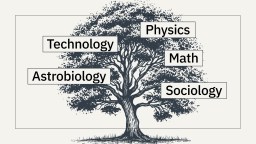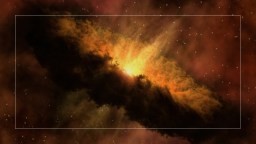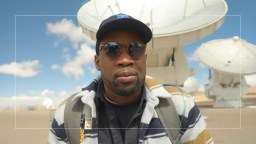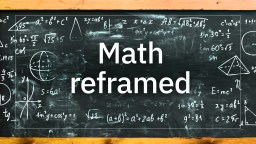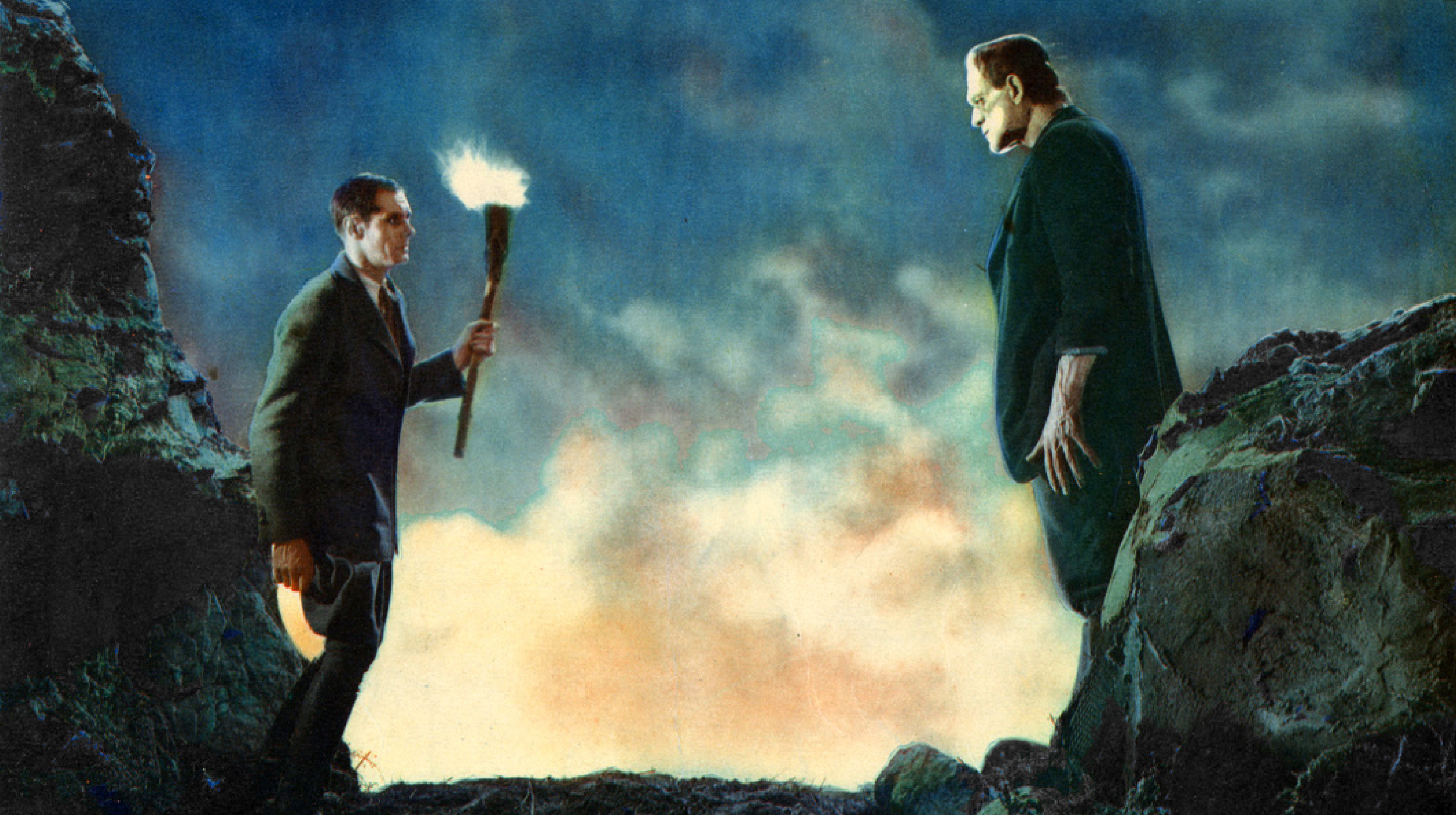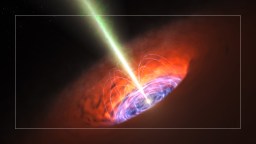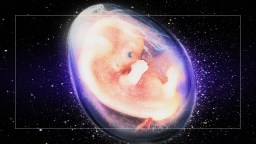
Do we inhabit a multiverse? Do we have free will? What is love? Is evolution directional? There are no simple answers to life’s biggest questions, and that’s why they’re the questions occupying the world’s brightest minds. Together, let's learn from them. Welcome to The Well, a publication by the John Templeton Foundation and Big Think.
“The truth is, evolutionary history just isn’t a constant competition...
Actually, most animals spend as much time as they can relaxing, taking it easy or playing and enjoying themselves. This idea that everything is continuously battling for energy is nonsense. I spent most of the last 25 years documenting hunter-gatherers, as they took their worldview and tried to engage with our worldview in very uneven terms, and to try and make sense of their perceptions of work and our perceptions of work.”
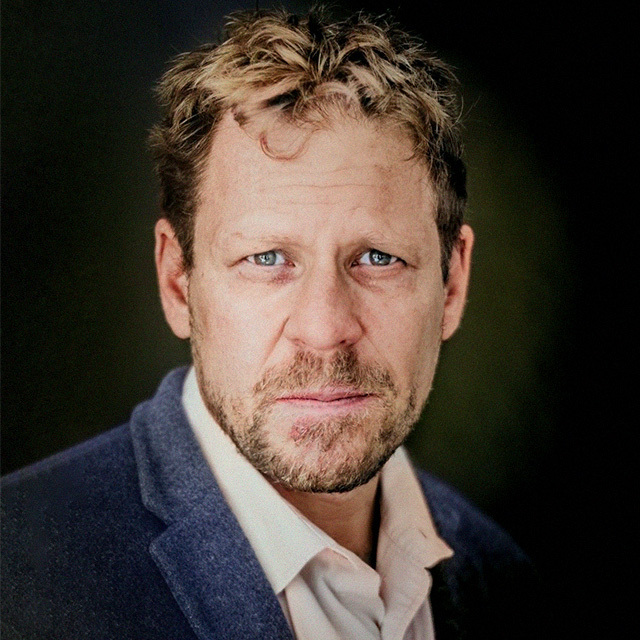
“Common wisdom says we have a self and that self is the source of our free will, but...
the subject of the self is riddled with paradoxes. Because the mind has been categorized as something “nonphysical,” its definition alone places the self outside of physical cause-and-effect, and beyond the scope of science. However, as with many philosophical quandaries that involve the proposal of a thesis and the emergence of a counter-thesis (or antithesis, in the words of Hegel), a synthesis often emerges, reconciling seemingly disparate views into a more coherent and sensible perspective.”

